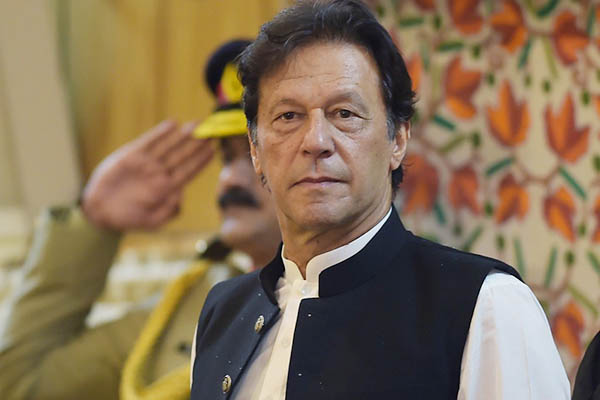ISLAMABAD: Chief Justice of Pakistan Iftikhar Muhammad Chaudhry retires today leaving behind a legacy of broken myths, shaking the archaic political order and bringing into public spotlight the spy chiefs who had remained shrouded behind the wall of secrecy, never to be questioned.
Hardly any high and mighty was not held to account under the watch of Justice Chaudhry. He broke the record of turning predictions of media pundits untrue by summoning and sentencing the top guns, who used to consider themselves to be above the law.
Right from the army top brass to the top guns of government, all of them were in the line of fire facing the music for their misdeeds. The Asghar Khan Case used to be considered a litmus test for judging the independence of judges. Name anybody who did not challenge the court on this case. And when it was taken up finally by Justice Chaudhry-led bench of the Supreme Court, it reached a logical conclusion.
Former army chief Gen (retd) Aslam Beg and ex-DG ISI Lt. Gen. (retd) Asad Durrani had to submit before the court and confess the dirty tricks of engineering the political process by bribing politicians. The court then ordered criminal proceedings against them in addition to an investigation of politicians who received cash from them.
This court order followed no compliance by the-then PPP government, which was more interested in pointscoring than taking any concrete action. An inquiry has recently been initiated by the FIA, a decision greeted by guarded optimism as Prime Minister Nawaz Sharif is also facing the charges.
Likewise, the recently-retired army chief Gen Ashfaq Pervez Kayani and his DG ISI Lt Gen (retd) Shuja Pasha had to submit before the court in the Memogate as they were directed to deposit their statements. The story does not end here.
The DG Rangers (Sindh) was summoned after his force was caught red-handed in the killing of a youth in Karachi. Legal action followed against the Rangers officials held responsible for this murder who had to be sacked from the service, something unheard of before.
The IGFC Balochistan, a serving major general, had to appear before Justice Chaudhry’s court in connection with the missing persons’ case. When he did not comply with the court’s order recently, a contempt notice was issued. It is another story that he excused himself citing illness.
The missing persons’ case saw many ups and downs. Proving their presence in the custody of ISI and MI remained a daunting challenge in the absence of any solid evidence. However, Justice Chaudhry forced them to produce 11 prisoners picked up from the Adiala Jail after the chief secretary Punjab submitted an affidavit that the prisoners were taken away by none other than the ISI.
Trouble for Justice Chaudhry started after he initiated hearings on the missing persons case that followed his forced removal by Pervez Musharraf, culminating at the dictator’s removal and restoration of the top judge. But it did not see any let-up in his determination.
Incidentally, he is retiring while hearing the cases of forced disappearances.Civvies too were not out of Justice Chaudhry’s reach. Corruption allegations against former president Asif Zardari brought his case to the court. His government was not ready to write a repeatedly-ordered letter to the Swiss authorities for reopening the cases against him, among others.
Defiance of this directive cost former prime minister Yusuf Raza Gilani his job. Finally, his successor, Pervez Ashraf, had to write the letter. One of Gilani’s ministers, Hamid Saeed Kazmi, was sent behind the bars in the Haj corruption case. Two others, Rehman Malik and Babar Awan, were served contempt notices for defying directives and ridiculing the court rulings.
Three NAB chiefs were sent home either for dilly-dallying the judicial orders or on eligibility grounds. Several top executives of different corporations also faced the music as they were sent behind the bars on corruption charges.









